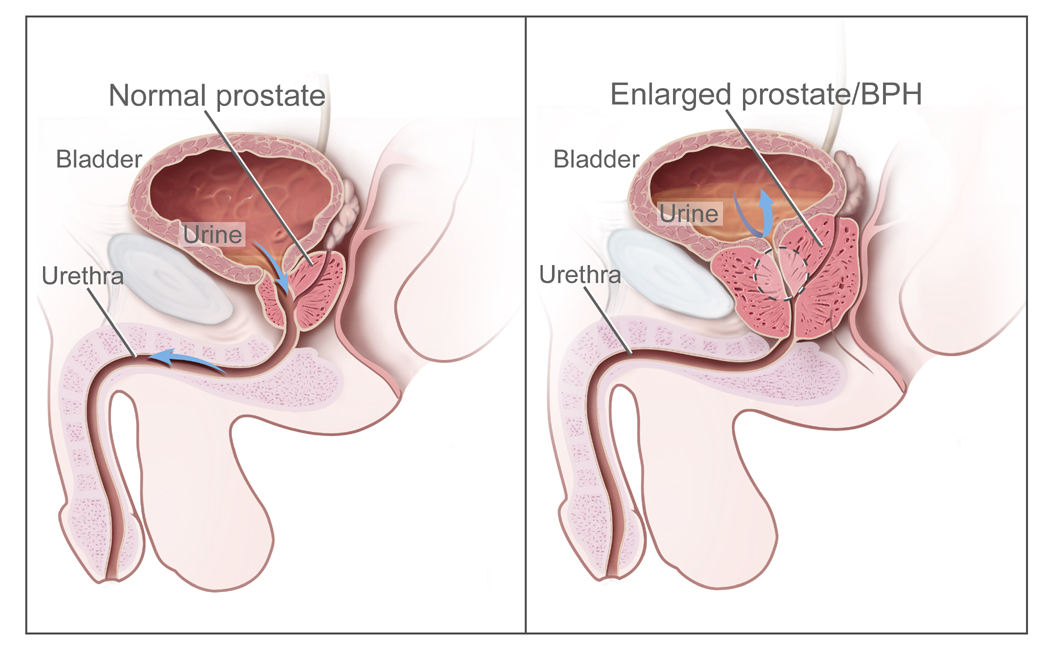All diseases, particularly those that are severe and/or have a chronic course, involve in addition to physical ailments and symptoms more or less characteristic also psychological stress, which generally results in a transient or persistent reduction in quality of life and, in a proportion of patients, in actual states of anxiety and depression. As numerous studies in recent years have shown, atrial fibrillation does not escape this rule, with the aggravating factor that the psychological stress resulting from heart disease can worsen the symptoms of atrial fibrillation itself, making it more difficult to manage.
New data in this regard provided by a study involving 78 patients with paroxysmal or persistent atrial fibrillation, aged 50 to 70 years and in half of the cases severely overweight/obese and/or also suffering from hypertension, referred to specialist cardiology centers in Melbourne, Australia, have made it possible to clarify some aspects of the correlation between psychological well-being and heart disease.
Specifically, evaluation of enrolled subjects over 12 months showed that the greater the extent of atrial fibrillation symptoms, the greater the psychological stress perceived by patients, resulting in a reduction in overall quality of life. Younger age and higher body weight, together with a personality profile characterized by vulnerability to stress, negativity, and social inhibition, are specific aggravators that can increase perceived psychological stress independently of the severity of cardiac symptoms. The resulting overall psychological distress is marked for at least one in three patients (35%) and involves suicidal thoughts for one in five patients (20%).
In the face of these negative correlations, the Australian study also showed a favorable aspect, which will be important to take into account in clinical practice. Specifically, it was found that patients with atrial fibrillation who underwent ablation surgery (nowadays mostly performed transcatheter, minimally invasively), in addition to benefiting from an almost complete elimination of the cardiac arrhythmia, also went on to experience a substantial decrease in psychological distress and suicidal ideation in the 12 months post-intervention, as well as significant improvement in overall quality of life. An advantage that was not, however, found among patients treated with antiarrhythmic drugs.
Based on these results, should ablation of atrial fibrillation be offered to everyone who suffers from it? Evidently not, because the procedure is still associated with minimal operative risk and is effective in 70-90% of cases, not all. For the majority of patients, therefore, the first approach, remains pharmacological.
What the study emphasizes above all is the importance of considering, in addition to clinical psychological aspects when choosing the type of atrial fibrillation treatment, especially in younger patients and/or those with more problematic personality profiles, and the appropriateness of including psychological well-being among treatment goals. On the other hand, for those who are not candidates for intervention (at least in the immediate term), it may be useful to combine antiarrhythmic drugs with psychological support or stress management intervention.
Source
- Walters TE et al. Psychological Distress and Suicidal Ideation in Patients With Atrial Fibrillation: Prevalence and Response to Management Strategy. J Am Heart Assoc. 2018;7(18):e005502. doi:10.1161/JAHA.117.005502 (https://www.ncbi.nlm.nih.gov/pmc/articles/PMC6222970/)




































































































